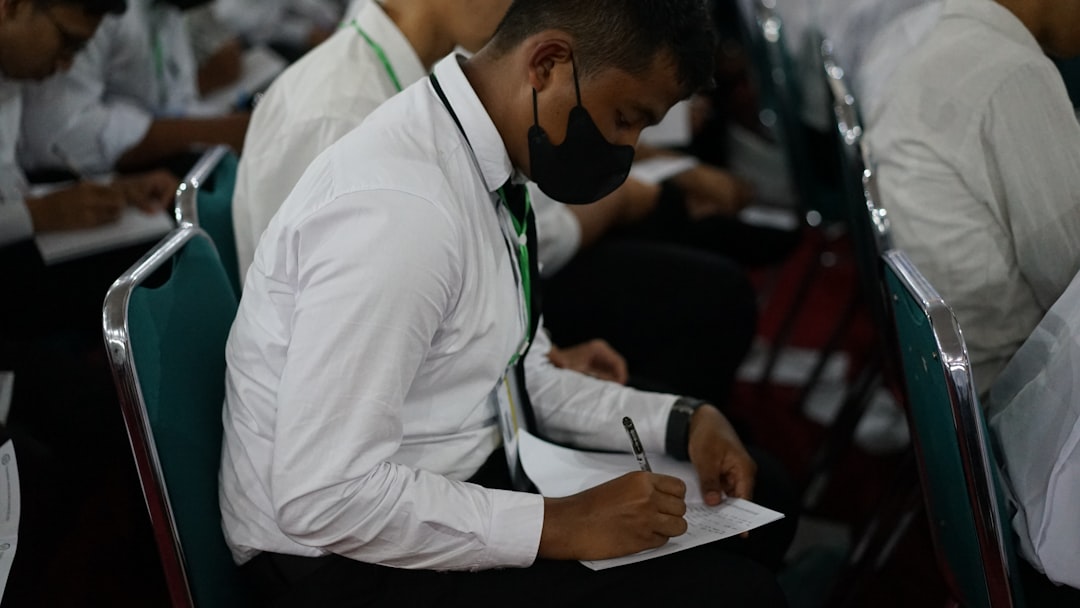Do you smoke? If so, you’re not alone. According to the Centers for Disease Control and Prevention (CDC), about 15 percent of adults in the United States smoke cigarettes. But what happens when you try to quit? Nicotine withdrawal can be tough, but there are ways to cope with the symptoms.
What should I know about this?
Some common withdrawal symptoms include cravings for cigarettes, irritability, difficulty concentrating, increased appetite, and restlessness. These symptoms can begin within a few hours after your last cigarette and last several weeks.
There are many options to help you cope with nicotine withdrawal. For example, medication such as nicotine patches or gum can help reduce cravings. Counseling and support groups can also provide encouragement and guidance in your journey to quit smoking.
Remember, quitting smoking is a challenging but essential step toward improving your health. Don’t be discouraged if you have setbacks — keep trying and seek support from friends, family, and healthcare professionals.
We hope this information has been useful to you.









